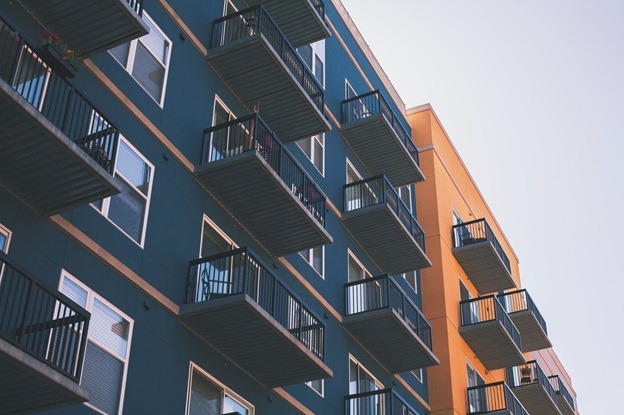If you’re looking for a low-maintenance home that’s near the city centre, then you have probably set your sights on a strata title.
Launched in NSW in 1961, this popular scheme has become more popular than ever. In Australia alone, there are more than 340,000 properties available.
For one, you get individual ownership of a lot or unit in say, an apartment or townhouse, for a more affordable price.
Likewise, you get shared ownership or unit entitlement of the common properties in the lot, such as the lifts, stairwells, parking lots, etc.
As there are many notable differences to living in a strata unit, you need to familiarize yourself with these aspects before buying:
Financials
Before you make a purchase, it’s best to check the financial records of the building first. You may refer this to an accountant or any professional knowledgeable in the matter.
Should you skip this, you may end up paying additional fees – or worse, be embroiled in a major lawsuit.
Physical State of the Building
Just like scrutinising the financial reports, you need to investigate the building’s history and maintenance schedule.
Does it have issues that are costly to fix?
Do you need to shoulder a certain amount once you move into the unit?
Technically, these issues should be disclosed by the seller.
When in doubt, you should read the minutes of the meeting. You may get this from the body corporate, a committee comprised of all lot owners.
You may also get the minutes from the strata management team, which is in charge of overseeing the building’s day-to-day activities.
Payable Fees
Apart from rates and taxes, you will need to contribute money (at least every 3 months) towards strata levies. They cover the cost of running and maintaining the common areas.
Generally, there are 3 types of levies that you need to pay:
Annual Administration Levies
These levies help fund the day-to-day costs of running the entire property. These usually pay for maintenance, insurance, and gardening, to name a few.
Sinking Fund Levies
These pay for long-term maintenance activities, including painting or repairing balconies.
Special Levies
These funds go to unexpected or emergency expenses. They help aid sinking fund levies, especially if they are not enough to cover such costs.
Again, you may ask the body corporate or strata management team regarding the cost of these levies.
By-Laws
Unlike a home, you will need to follow the strata by-laws set forth by the body corporate.
So before you settle in, you will want to read its rulings on the use of common property, resident behaviour, noise control, building appearance, and safety & security.
Reading the by-laws is especially important if you’re planning to bring a pet to your unit. You should see to it that this is permitted in writing.
Inclusions
Before you sign that contract, you need to make sure that the inclusions or fixtures are complete.
By definition, fixtures (i.e. cupboards, kitchen stove, floorings) are items that are attached to the lot and thus should remain permanently.
If you’re unsure of items that classify as fixtures, the best thing to do is to have them included in the documentation.
It’s also good to include the brand name of your fixtures to keep the list detailed.
Insurance
You need to make sure that the strata lot is insured according to its valuation – in case something happens (fire, damages, etc.)
It’s also important that your building is insured for the following: 1) injury to voluntary workers and against public liability, and 2) for workers’ compensation.
Renovations
You can’t make changes in your strata unit the way you would in a freestanding home.
If you plan on adding new structures (i.e. installing an A/C unit), you need to seek permission from the owners’ corporation. That’s because this process will effect changes to the very fabric of the building.
On the other hand, you don’t have to notify the body corporate if you simply plan on replacing the fixtures in your unit.
Buying a strata unit comes with many benefits. It’s often centrally-located, cheaper, and packed with great amenities.
That said, many responsibilities come with being a strata unit owner. By familiarising yourself with the key points above, you can make a smarter buying decision.

